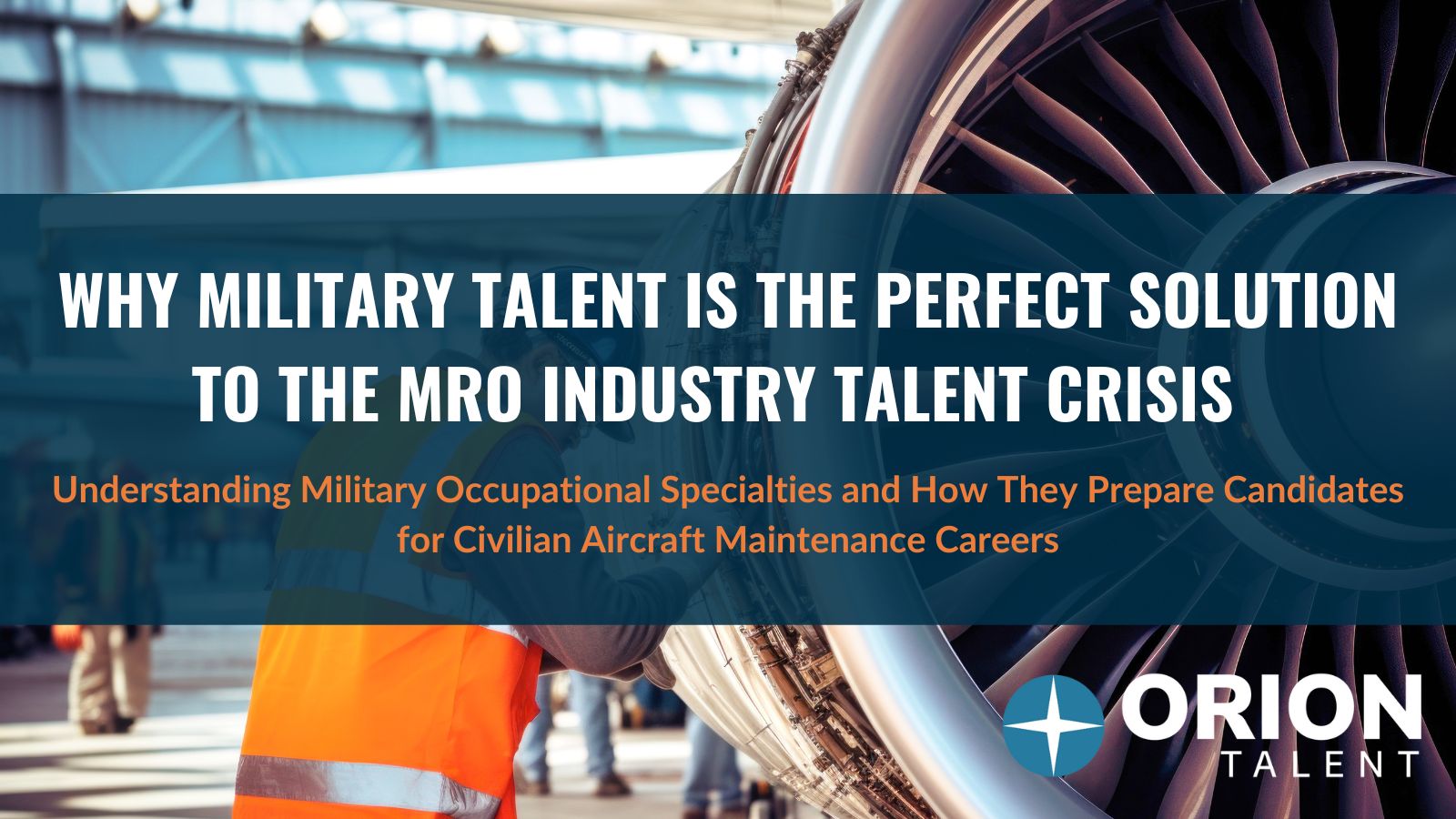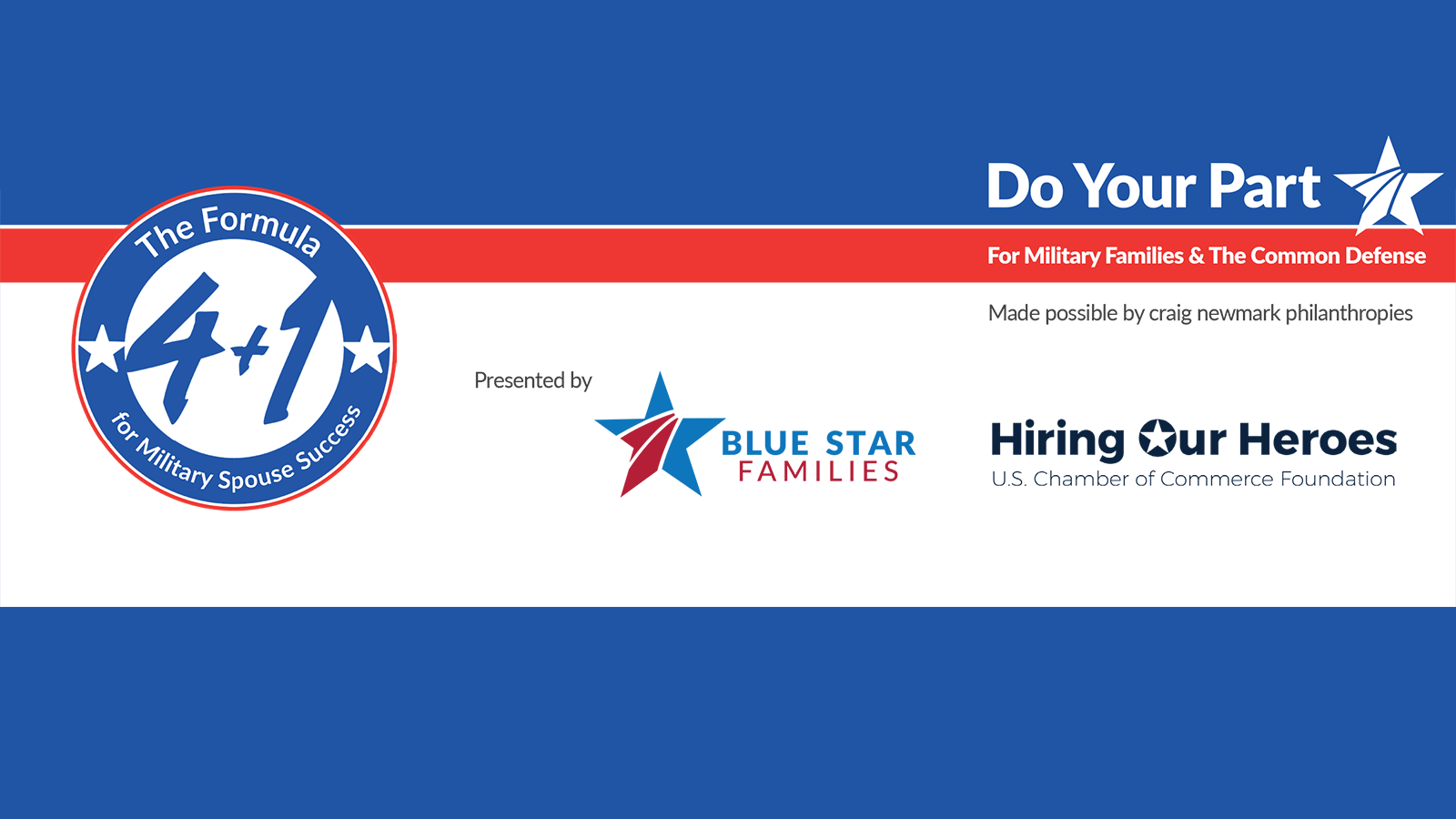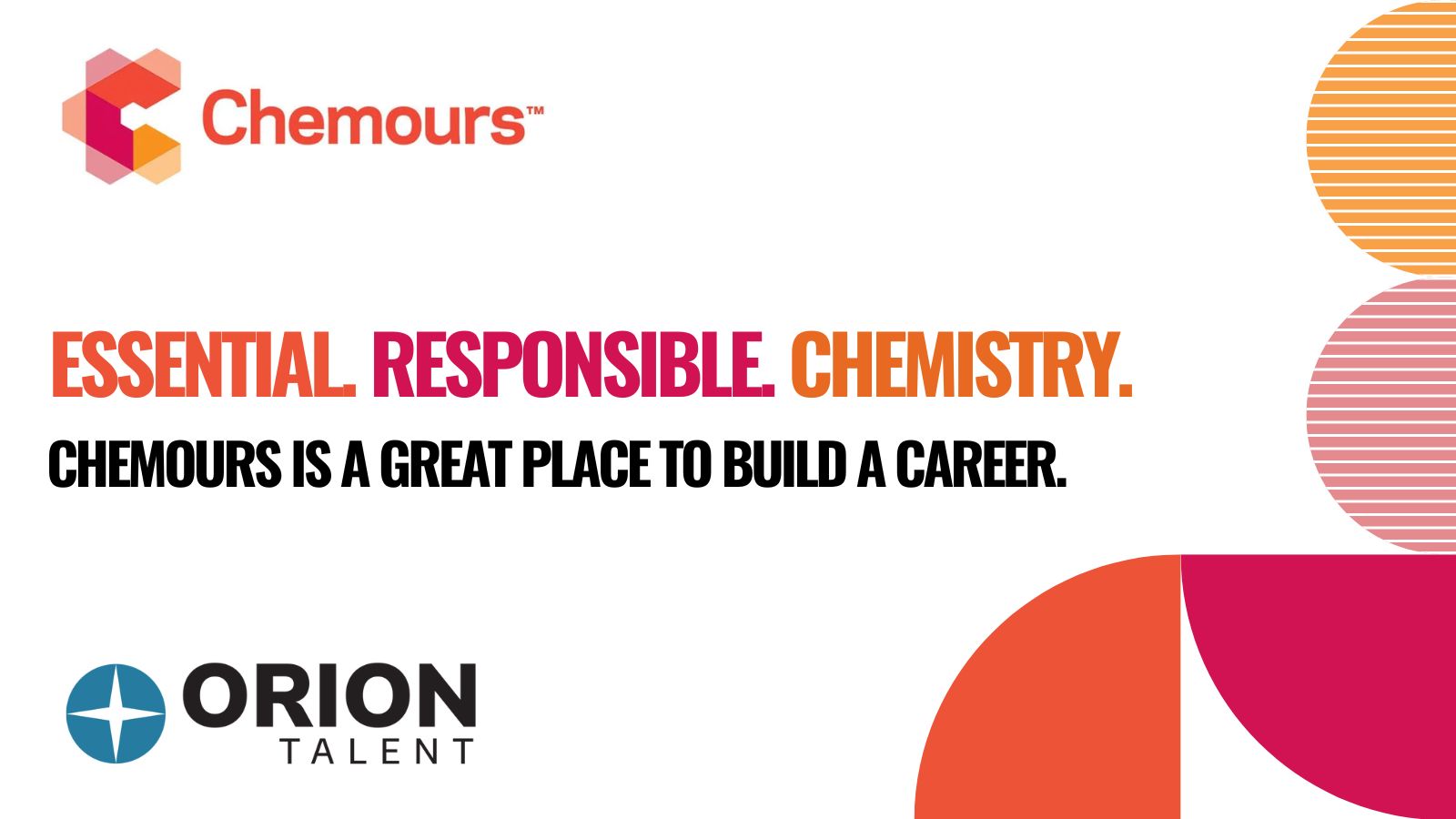
What is talent acquisition?
Talent acquisition is the ongoing process of identifying, acquiring, assessing, and hiring employees. Talent Acquisition involves recruiters, sourcers, Human Resources, and hiring managers.
Why is talent acquisition so important nowadays?
A company is no more successful than the people it employs. High quality talent is hard to come by and even harder to keep. This is especially true in a world where people no longer prize longevity at a company and have thousands of job listings available to them at all times.
Talent Acquisition vs. Recruiting: What’s the Difference?
Talent Acquisition has evolved from posting a job ad, interviewing whoever applies, and then hiring them. And although many people conflate the two terms, Talent Acquisition and Recruiting are two different things. Talent Acquisition is a process, only a part of which is Recruiting. It starts from the moment you decide where to look for talent continues through the attraction and assessment of those candidates, through to onboarding.
The Talent Acquisition Process
Talent Acquisition is not a one-time event that should be set up as a structured process with a predictable flow. There are six steps that should be part of every Talent Acquisition strategy, which include Lead Generation, Recruiting, Interviewing, References, Final Decision, and Hiring.
Sourcing and Lead Generation
Sourcing is part of the talent acquisition process and precedes recruiting. It is the important step of searching for and identifying candidates. The key to sourcing is knowing what your ideal candidate looks like and then casting your net where that candidate will be. You also shouldn’t forget candidates you previously considered for other positions. Maybe they are right for the new job that opened.
These types of candidates, combined with passive or those who can’t relocate and employee referrals, are an excellent way to fill your talent pipeline. You should also add candidates that you want to keep on file for future openings.
It is important to quantify Sourcing through a Source of Hire metric. Tracking SOH will help a company decide where to allocate their recruiting budget while also improving candidate quality. You can track SOH through your Applicant Tracking System (ATS), surveys, or web analytics.
Lead generation is the Talent Acquisition process in which you attract candidates to your company through compelling content or events. Events may include job fairs or career preparation sessions. Content could include blogs, newsletters, industry partnerships, social media content, free career resources, online networks, webinars, and even surveys.
Leveraging intelligent Sourcing and Leads Generation provides a team with a larger pool of talent from which to recruit and is shown to improve important talent metrics like Time-to-Fill, Cost-per-hire, and Quality of Hire, among others.
Recruiting and Attracting
A company’s Employer Brand factors heavily into this step of the Talent Acquisition process. In order to entice the candidates you gathered during lead generation, you need to have a culture, mission, pay package, candidate experience, and brand that can seal the deal. Employers need to paint a picture of what it is like to work for their organization. Job seekers are savvy and employer branding can differentiate your company when it is hard to find top talent. You can read more about improving your Employer Brand here.
Interviewing and Assessing
Talent Acquisition professionals need to be strategic in planning their interview and assessment process. Interview questions should provide answers that reveal a candidate’s problem solving and logical thinking skills, resourcefulness, and ability to think on their feet. Other assessments include skill, cognitive, and personality evaluations.
If you find yourself needing to conduct virtual interviews, check out this article that provides an in-depth look at the advantages of virtual interviews and how they can lead to successful job offers.
Candidate Experience also plays an important part in Interviewing and Assessing candidates. It is important to keep the recruiting process moving so as not to turn off star candidates, even when it needs to be virtual.
Keep these four tips in mind if you need to create a virtual framework for this step in the hiring cycle:
Communicate Openly and Clearly
Clearly inform candidates about each stage of the interview process they are in and what to expect next.
Emphasize Employer Brand Throughout the Process
Ensure that your Employer Brand is conveyed by all interviewers throughout the hiring process.
Be Empathetic
It is important to be compassionate during the virtual hiring process.
Get Creative
Reconsider parts of the process that are always in person. Read more about these tips here.
Checking References
Often unsatisfying, speaking to the right person for references is important to gaining valuable background on your candidate. Your goal should always be to speak to a candidate’s prior manager and not Human Resources. HR will often only provide job title, dates of employment, and salary, but you need more qualitative information.
Often completed by Human Resources, Hiring Managers should be the ones to make the call unless an RPO firm is involved. RPO experts can take this step off of your hands and conduct the checks while acting on your behalf.
No matter who is doing the checking, this step should always be taken once a company has decided to extend an offer, so as not to waste anyone’s time.
Making Final Selections
If you have followed the talent acquisition process laid out above, this part should be difficult, because you will have a solid group from which to choose. This will make the decision more streamlined for you and any Human Resources, Hiring Managers, and other Talent Acquisition professionals at your company involved in the decision.
Hiring and Onboarding
Continued engagement and onboarding is a powerful retention tool. After you have accomplished all of the steps above, the last thing you want to do is lose your new employee before or right after they start. Onboarding should begin before your new hires' first day.
Consider these three steps for successful onboarding, as laid out in this infographic.
1. Within 24 hours of an offer acceptance, reach out with next steps, such as what to expect during their first week.
2. Within one month give them the tools they need to be successful, like assigning a mentor to them.
3. Within six months, mitigate any issues that arise by maintaining an open-door policy for feedback.
Recruitment Process Outsourcing experts can help you set up an effective onboarding program that ensures retention and ramps up your Time-to-Productivity metric.
Need to conduct onboarding virtually? Check out this article from Recruiting Daily where Orion Talent CEO Mike Starich shares an inside look into a successful virtual onboarding program led by FTC Solar, a renewable energy company.
Tips to Improve Your Process
If your process is Talent Acquisition process is broken or disjointed, there are seven steps you can follow to get it back on track:
Forecast
In order to have a predictable recruiting function, your team needs to have a process that is consistent with reliable data. Talent Acquisition process elements that demand consistency are costs, your talent pipeline, and employer branding. One way for management to achieve these goals is through Outsourced Recruiting. Recruitment Process Outsourcing can help employers forecast by:
Predicting recruiting costs
Talent acquisition process costs are always a concern and predicting them can be difficult. The average cost for a hire through a fee-per-hire solution is about 23%, and adding a full-time Recruiter to your team will cost salary and benefits.
But, utilizing an outsourced recruiting solution will limit wasted resources and can reduce costs by 35%. With RPO, all your hiring costs are rolled into a single cost with RPO, so you know what expenses to expect. You can determine your cost-per-hire with this calculator.
Forecast a Predictable Process
A centralized hiring process where everyone sticks with the plan is the best way to create a predictable process. You can structure and streamline your recruiting through outsourced recruiting. An RPO team will seamlessly integrate with your people, technology, and environment. This process-driven approach results in an average cycle time reduction of 15 days and over 90% hiring manager satisfaction rating with our customers.
Estimate HR Availability for Non-Recruiting Activities
When your hiring process isn’t structured, your HR and Talent Acquisition staff waste time on a disorganized process. If they are focused and all working toward the same goal, they will have time to be able to focus on other important parts of their jobs like your current employees.
Build a Pipeline
Having an established talent pipeline is key to a successful recruiting process. With this in mind, it is important to assess your current pipeline to find where candidates are entering. This is where tracking Source of Hire comes into play. By tracking SOH, you can get the percentage of hires that came from each recruiting source. You can then determine where to allocate their recruiting budget, improve candidate quality, and discontinue channels that aren’t producing.
And don’t forget that to fill this pipeline, you should make sure your Employer Brand is enticing. Recruitment Process Outsourcing experts like Orion Talent can leverage employer branding experience, as well as customized tools and technology, to build your pipeline with speed and precision.
Get Everyone On Board
Often internal recruiters each handle the hiring process differently making for a disjointed process. Aligning management, Human Resources, Talent Acquisition, and Hiring Managers with your company’s recruiting goals is an integral step. If everyone is pulling in different directions, you cannot move forward with your strategy. You can do this by creating an Employer Value Proposition from which your whole team should work.
Spend the Time
A great talent acquisition process doesn’t just happen overnight. It takes time and maybe even some false starts until you see what works. Working with an RPO expert, however, can eliminate the learning curve and help you get to an effective process in a much shorter amount of time.
Whether you go it alone or with experts, though, you should never rush the interview process or get lazy about identifying job candidates. Speed should never come at the expense of quality. Investing in the process can pay dividends when it comes to meeting recruiting and organizational goals.
Build a Successful Talent Acquisition Process
There is a lot that goes into building a process that will continuously feed a pipeline of talented candidates for current and future open positions. You have to have buy-in, spend the time, do the research, build the brand, and predict costs, all while selecting your next star employee.
And you don’t have to do this alone. Recruitment Process Outsourcing from Orion Talent can manage the people, process, technology platform and strategy to support your hiring process. We can manage each element of your talent acquisition strategy, from requisition to onboarding, work on short-term talent acquisition projects, or complement your team with resources to seamlessly support key parts of the recruiting process. Learn more about Outsourced Recruiting solutions here.
Archives
- April 2025
- March 2025
- February 2025
- October 2024
- May 2024
- March 2024
- February 2024
- January 2024
- December 2023
- November 2023
- October 2023
- September 2023
- August 2023
- July 2023
- June 2023
- May 2023
- April 2023
- March 2023
- February 2023
- January 2023
- December 2022
- November 2022
- October 2022
- September 2022
- August 2022
- July 2022
- June 2022
- May 2022
- April 2022
- March 2022
- February 2022
- January 2022
- December 2021
- November 2021
- October 2021
- September 2021
- August 2021
- July 2021
- June 2021
- May 2021
- April 2021
- March 2021
- February 2021
- January 2021
- December 2020
- November 2020
- October 2020
- September 2020
- August 2020
- July 2020
- June 2020
- May 2020
- April 2020
- March 2020
- February 2020
- January 2020
- December 2019
- November 2019
- October 2019
- September 2019
- August 2019
- July 2019
- June 2019
- May 2019
- April 2019
- March 2019
- February 2019
- January 2019
- December 2018
- November 2018
- October 2018
- September 2018
- August 2018
- July 2018
- June 2018
- May 2018
- April 2018
- March 2018
- February 2018
- January 2018
- December 2017
- November 2017
- October 2017
- September 2017
- August 2017
- July 2017
- June 2017
- May 2017
- March 2017
- February 2017
- January 2017
 RSS Feed
RSS Feed
Subscribe to Orion's Blog
Featured Blogs





.jpg)















